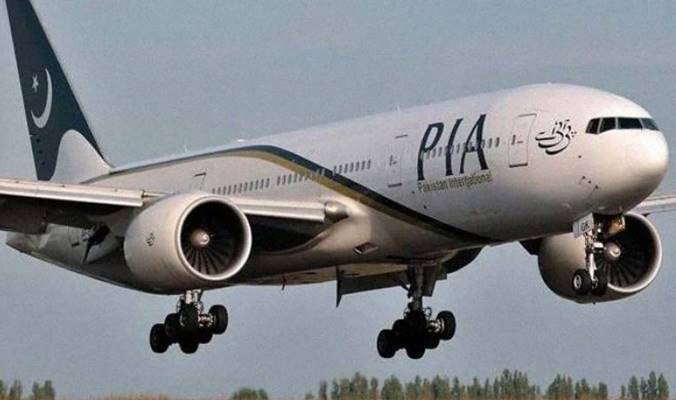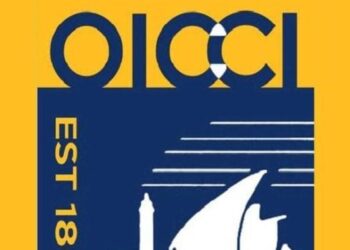ISLAMABAD: Pakistan International Airlines (PIA) marked a significant milestone on Friday as it resumed flight operations to Europe after a hiatus of four and a half years. The departure of flight PK-749 from Islamabad International Airport to Paris signified the airline’s re-entry into European airspace, carrying 300 passengers, including PIA’s acting CEO, Khurram Mushtaq. This event marks a crucial step in PIA’s recovery and its efforts to regain international trust after a period of operational challenges.
The ceremonial send-off at Islamabad airport was attended by Minister for Defense and Aviation Khawaja Muhammad Asif, along with PIA’s acting CEO and the Secretary Aviation, highlighting the importance of this flight to the national carrier’s revival. The resumption of European flights is viewed as a vital move for PIA’s reputation and its financial outlook.
The suspension of PIA flights to Europe had been triggered by concerns raised by the European Aviation Safety Agency (EASA) following a 2020 aircraft accident that tragically claimed 97 lives.
The subsequent investigation uncovered a scandal surrounding the validity of pilot licenses, which led to EASA revoking PIA’s permit to operate within European airspace. This revocation forced PIA to ground its European routes, severely impacting its revenue and international standing.
However, the restart of the Paris route reflects the positive changes and efforts PIA has made to meet safety regulations and restore confidence. It’s seen as a sign that the airline is on the right track to regaining its former glory and credibility in the global aviation industry.
Ambitious Fleet Expansion Plans Announced
In addition to the re-launch of European flights, PIA is now focusing on expanding its operational fleet. According to acting CEO Khurram Mushtaq, the airline plans to activate several previously grounded aircraft. This initiative aims to increase the number of operational aircraft in its fleet from 19 to 24 within the next six months. These plans encompass the activation of Boeing 777 and Airbus aircraft, reflecting a strategy to enhance both long-haul and short-haul capabilities.
“We are working diligently to bring more of our aircraft back into service,” stated Mr. Mushtaq. “Our goal is to provide more reliable services to our passengers and strengthen PIA’s role in international aviation.” The airline has confirmed plans to restore Boeing 777 and Airbus models to the fleet, indicating an intention to operate more long-haul and medium range routes in the future.
Prior to this expansion, PIA was operating with only 16 of its 34 aircraft. A dedicated team within PIA has successfully worked to activate three additional aircraft – a Boeing 777, an Airbus 320, and one ATR – in just three weeks, bringing the total operational fleet to 19. This rapid response is viewed as a clear sign of PIA’s commitment to increasing its capacity and operational capability.
The rapid activation of these aircraft is a testament to the hard work and determination of PIA’s staff to recover from previous setbacks. The airline is aiming to regain its position as a major player in international aviation.
Challenges and Future Prospects
The resumption of European flights and the planned fleet expansion represents a significant turning point for PIA. However, challenges remain. The airline must continue to adhere to stringent safety standards, maintain operational efficiency, and ensure profitability in a competitive market.
The success of these initiatives will be crucial for PIA’s long-term sustainability and its return to its former position as a major international carrier. The return of European flights marks a crucial first step in rebuilding the trust and confidence of the traveling public, which was impacted by the safety related scandal. As PIA moves forward, all eyes will be on its ability to execute its fleet expansion plan and restore its reputation as a reliable and safe airline. The airline now looks towards the future with a degree of optimism that was absent for the last four years.
















